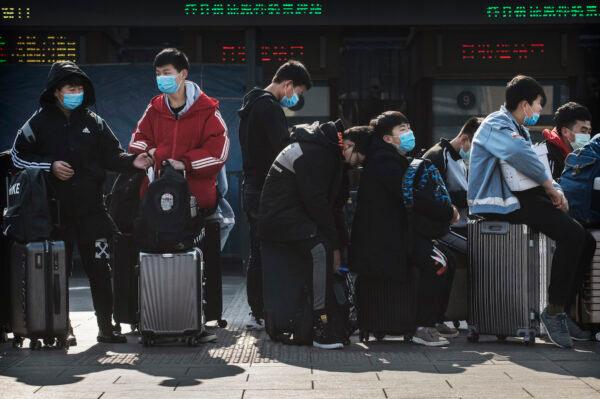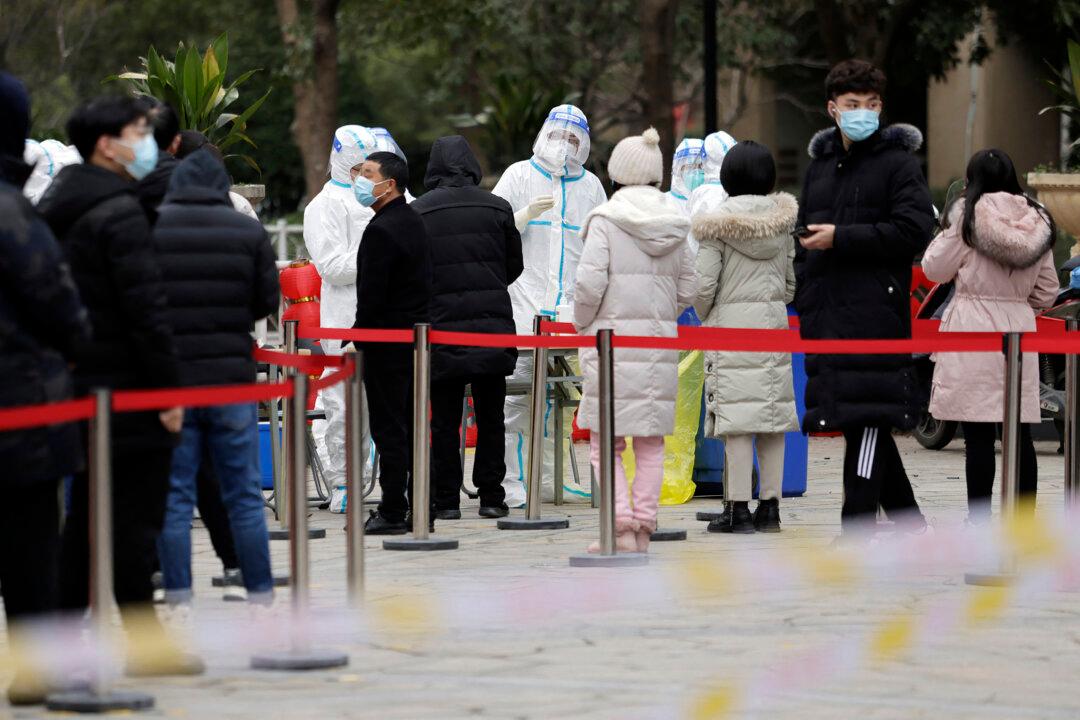With schools scheduled to open on Feb. 21, many students had returned to campus. The violent evictions angered the students who were already settled in. The students lashed out on Chinese social media, Weibo and Baidu.
On Feb. 15, Suzhou Industrial Park Disease and Prevention Center chose three apartment complexes from the Park’s property management to turn into quarantine facilities.
On the afternoon of Feb. 15, the management quickly packed up and emptied the apartment buildings especially the ones designated for students.
Student complaints of the forced eviction emerged as a hot topic on Weibo by 9 p.m. that night.
The students expressed disbelief at how the relevant authorities had trampled their rights.
Many comments questioned how their personal belongings could be at anyone’s disposal without explanation or prior notification.
More posts revealed that the apartments weren’t college dorms and the students had leases to rent them. But the apartments were hurriedly cleaned out and the contents placed in large cardboard boxes and trash bags.
One student complained that there were many other apartments that were vacant and there is a hotel in the Park, “Why use our rentals, the ones that are fully occupied by students? This is intruding on private homes!” the student wrote.

A post said, “We support pandemic prevention, but can’t accept this disrespectful behavior. This breaking in and removing our stuff—is it any different from robbery?”
At 3 a.m. on Feb. 16, students finally received an email from the university explaining that local governmental decisions were made due to “urgent needs during the pandemic,” referring to another decision the prevention center made at 1 a.m. to abort seizing the apartments.
One student responded, “Empty two buildings in one evening, you can imagine the speed! Rough packing! ...The school email was only sent after it’s [the incident] exposed. Tough decision? How so? I can’t understand the logic.”
Another student wrote: “It’s so upsetting! It hurts just to think that your belongings are disposed of at their free will. Can’t sleep at all. Our stuff was thrown away without our permission? Did you ask us? In a large garbage bag? What is this? A robbery!”
When only one Tianjin college apologized, and the other seemed to not care about what happened, the students just wanted to know where their stuff was.
In Suzhou, although the property management office issued an apology to the students on Feb. 16, a student said, “It was only issued because there are international students living in the apartments … who reported it [the incident] to their embassies; that’s why the expropriation was stopped. Just read the announcement, is it really an apology?”
People posted sympathetic comments responding to the students’ posts.
One person wrote, “A taste of the iron fist of socialism for the young students!”
Another post said, “Everyone should recognize the rogue nature of the Chinese Communist Party.”
